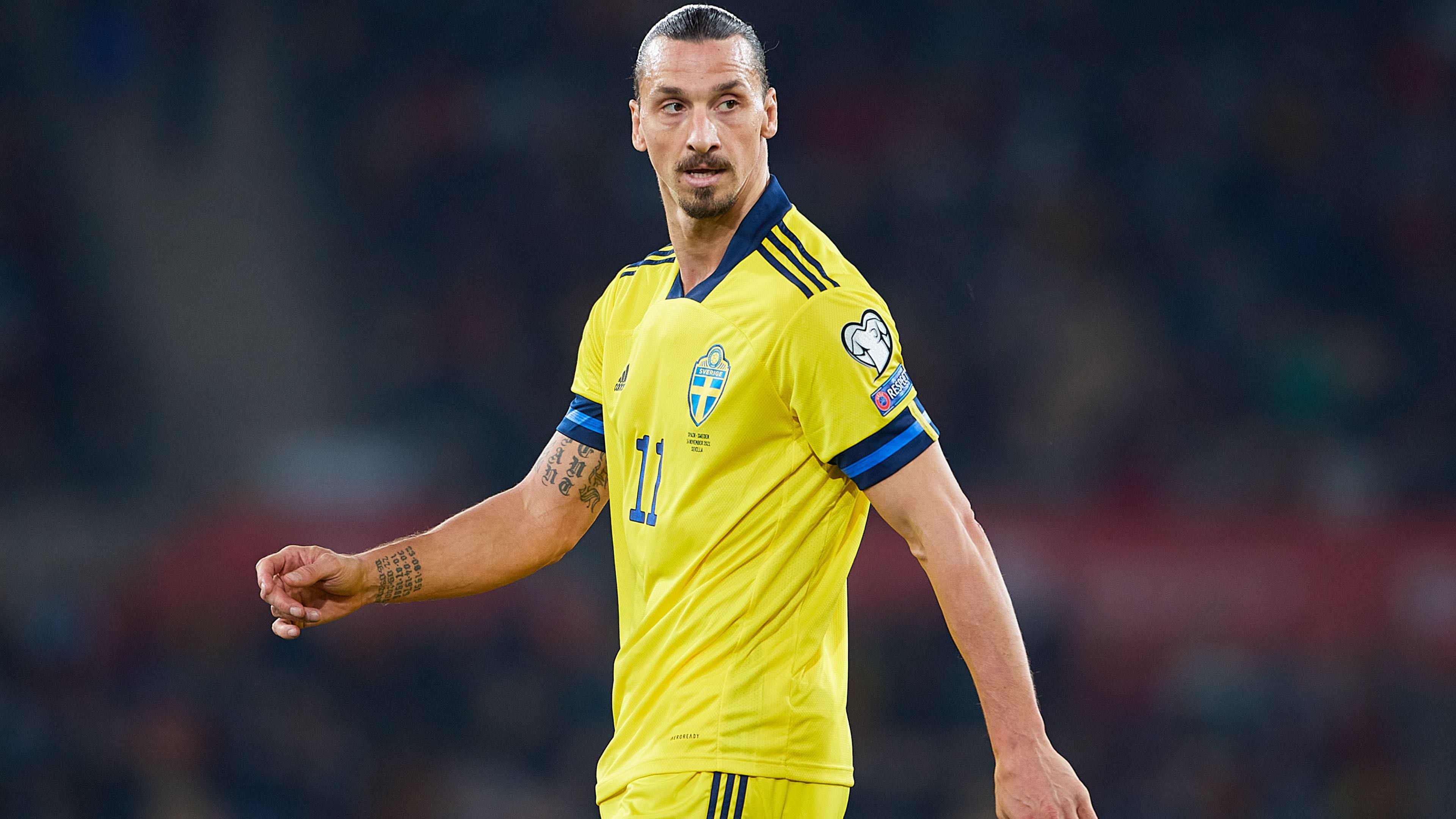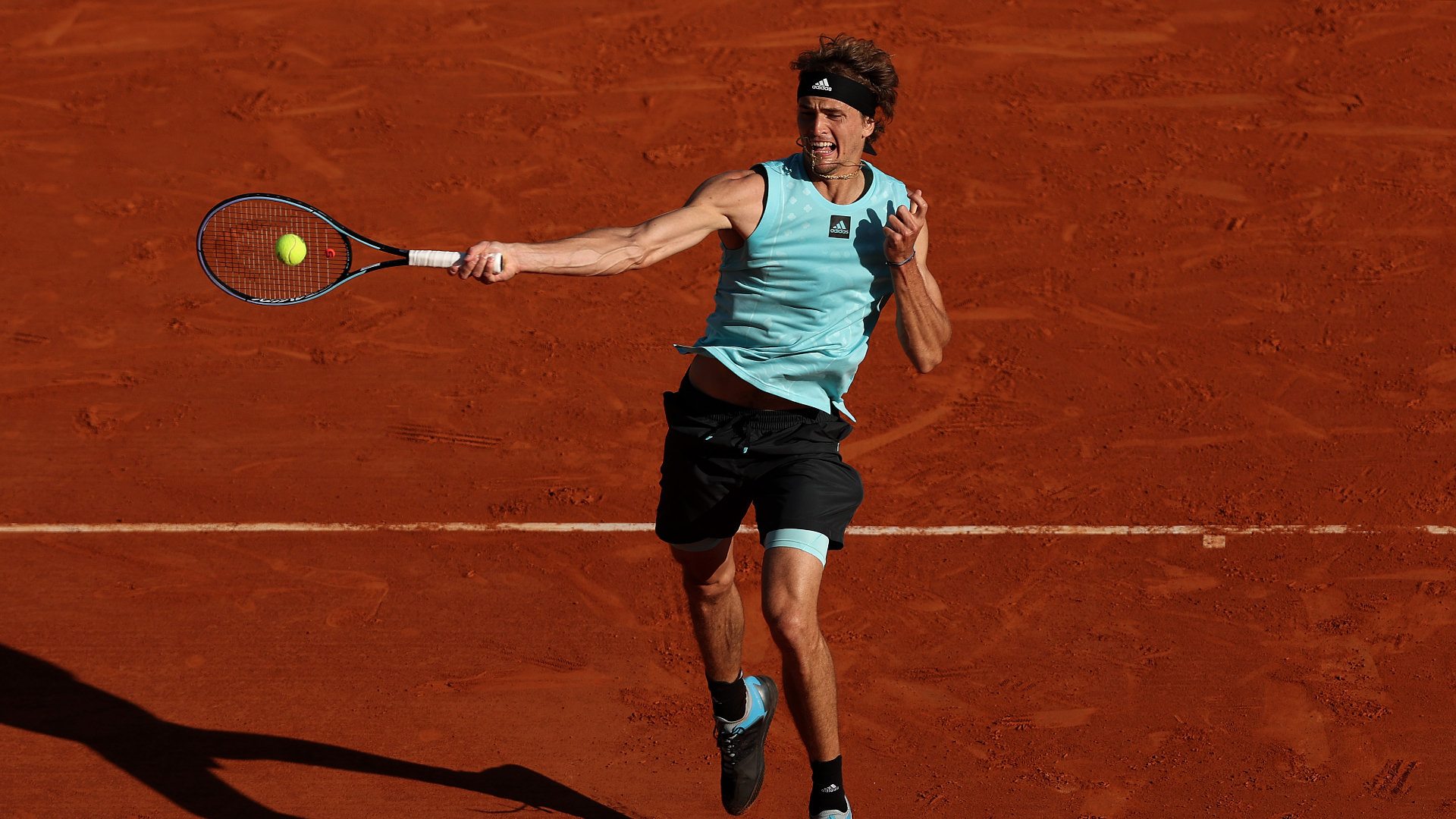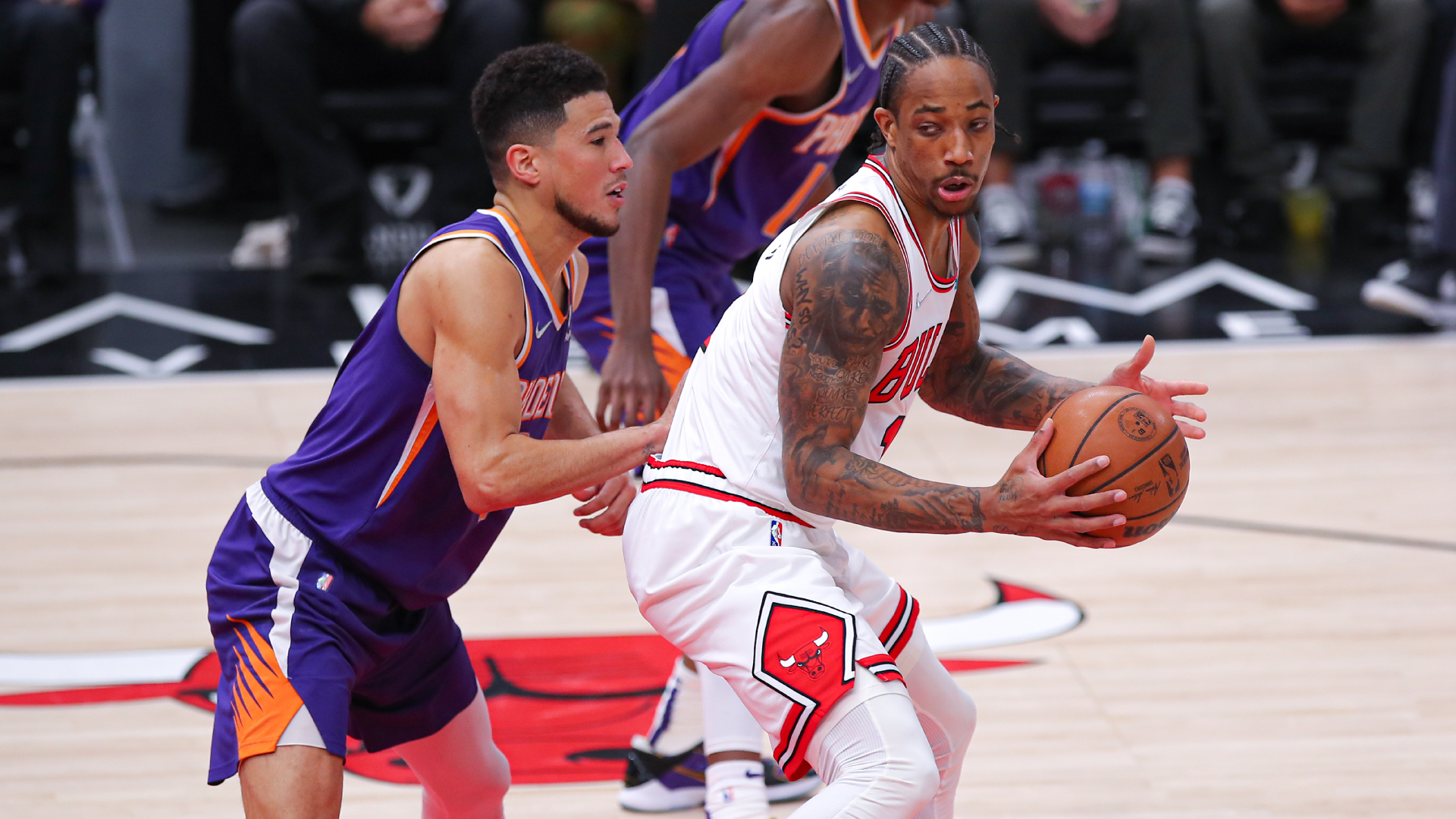
Zlatan Ibrahimovic is still playing top-level football at an age when most players have hung up their boots.
The veteran striker scored the latest goal of his long career last weekend, when he found the net in AC Milan’s 3-1 defeat against Udinese to become Serie A’s oldest ever goalscorer.
Now 41, he has been called up for international duty by Sweden, as the Scandinavians embark on their qualifying campaign for Euro 2024.
Ahead of the Swedes’ opening match against Belgium, we examine the phenomenon that is Zlatan and delve into a career that is unique in its longevity.
Record breaker
Should Ibrahmovic play against Belgium, he will break a long-standing record held by an all-time great.
Italy legend Dino Zoff is the oldest footballer to have ever played in a European Championship qualifier, having appeared aged 40 years and 90 days back in 1983.
To put this into context, Zoff played in an era when it was not unusual for top goalkeepers to still be playing international football in their 40s, as evidenced by the likes of Pat Jennings and Peter Shilton.
Ibrahimovic could go on to break the record of another keeper should he appear at Euro 2024. Hungary’s Gabor Kiraly is the oldest player to have appeared at the tournament, at 40 years and 74 days, in 2016.
Yet Zlatan is a striker, at a time when the physical demands of playing at the top level of the sport have never been higher and footballers are fitter than ever.
Past, present and future
Ibrahimovic was quizzed about how much longer he would play for Sweden, in a press conference ahead of the match against Belgium.
The much-travelled forward said: “I take it day by day. If I feel good and I’m selected by the coach, I will help him, the team and the country to do my best.
“So I think at my age you cannot think future, you think present. Even if I am the past, present and the future.”
The self-analysis was typically tongue in cheek, yet also a fitting way to sum up the unique situation in which he finds himself.
Ibrahimovic made his Sweden debut in 2001, back before his fellow squad member Anthony Elanga was even born. Now there is every chance that he could appear in a tournament taking place 23 years later.
Injury return
The disruption to the international calendar created by the winter World Cup last year has created an opportunity for Ibrahimovic.
Normally a qualifying campaign begins just under two years away from a tournament. Coaches will often look to build towards this target, selecting players young enough to be involved.
The race to qualify for Euro 2024 begins just over a year before the tournament takes place. Managers are more able to simply concentrate on the present.
Ibrahimovic has recently returned to action with Milan after a lengthy absence with a knee injury.
Most footballers would not have the stomach to stage another comeback at such a late stage in their careers and would simply retire. As has been long-proven, Zlatan is not most footballers.
Comeback king
Ibrahimovic originally retired from international football in 2016, just before his move from Paris Saint-Germain to Manchester United.
We are now in the eighth season since that decision and his form at United, LA Galaxy and Milan have shown him to be still capable of playing at the highest level.
Sweden have not found a reliable striker since that retirement, hence why they turned back to the nation’s all-time record scorer.
Alexander Isak is the future of the national team, but after missing out on qualification for the last World Cup, it makes sense for the manager Janne Andersson to live in the present.
Despite his age, right now Ibrahimovic remains one of the best attacking players that Sweden have. That situation could well remain the case long enough for Zlatan to appear at Euro 2024.








